Gardening season is upon us! Why you can and should compost!
Whether or not you lay claim to a lifelong green thumb or you’re trying to unleash your inner gardener – why you can and should compost!
There’s no better time to get growing than now — especially with so many of us confined to our backyards at the moment. Also picking up in popularity at this unprecedented time? Composting. Here’s a closer look at the many benefits of this sustainable soil conditioner, along with tips for getting started.
The Many Benefits of Composting
The average American produces approximately 4.5 pounds of waste every day, according to the EPA. The vast majority of this waste — 136 million tons of it, to be exact — ends up in landfills. Making up the largest component of solid waste in landfills, meanwhile? Food scraps.
Unfortunately, organic matter in landfills decomposes without oxygen, AKA anaerobically. This process produces greenhouse gases which directly contribute to global warming. Conversely, composting allows food scraps to decompose aerobically thereby greatly reducing greenhouse gas emissions.
But composting doesn’t just benefit the planet; it also benefits your plants. Adding compost to soil improves its ability to retain water, air and nutrients. This makes it more suitable for supporting healthy plant growth. Compost also releases diverse and essential nutrients back into the soil, reducing the need for toxic pesticides and synthetic fertilizers while simultaneously creating a beneficial and balanced soil ecosystem.
Lastly, not only are more people cooking and eating at home these days due to stay-home orders, they’re also looking to save money in an uncertain economy. Composting helps here, too, allowing households to make use of their waste instead of throwing it away.
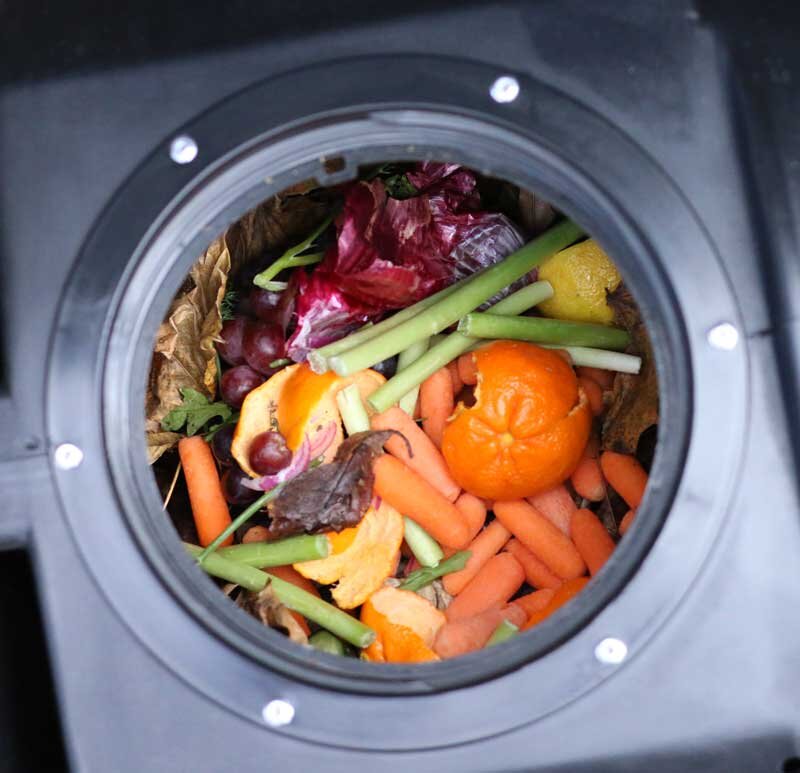
Composting 101
Think composting is just for hard-core gardeners? Think again. All you need to get started is an outdoor space of at least three square feet and a bin. In addition to moist “green” waste like fruits and vegetables, many other types of organic material from your kitchen and garden can also be composted, including everything from eggshells and coffee grounds to tea and tea bags. Dry matter is categorized as “brown” waste, and includes things like old newspapers, toothpicks and wood shavings, and dry leaves.
Ideally, your compost will be an equal mix of “green” and “brown” waste. Air and moisture are also critical to ensuring that your pile will break down. Just be sure to turn the mixture every week or so and watch the magic happen as scraps transform to soil.
You’re probably wondering what can’t be composted. While dairy and animal products, fats, oils and pet waste will break down, they’ll also smell and draw pests — so go ahead and toss these in your trash. Additionally, diseased or insect-ridden plants could contaminate your compost so throw these away, too.
And we’ve got good news for you if you live in an apartment or don’t have a backyard. You can still get in on the composting action by setting up a miniature composting collection station inside using a small lidded bin lined with biodegradable bags. Just pop the bags into the freezer when they’re full and take advantage of local collection services and drop-offs or find a farm or other beneficiary.
It may seem easier to just toss your trash away, but the advantages of composting make it well worth the effort. We like to think of it as the gift that keeps on giving. Plus, once you get the hang of composting, you won’t think twice about it — except when you’re reaping the benefits come harvest time.
When you’ve created delicious dishes from your freshly harvested vegetables, why not enjoy a picnic? Consider ditching the single-use disposable cutlery in favor of reusable flatware. Our favorite is Pharrell Williams’ new portable cutlery set, the OTHERWARE Pebble which includes a folding fork, knife, and spoon, along with a collapsable straw, and set of chopsticks.


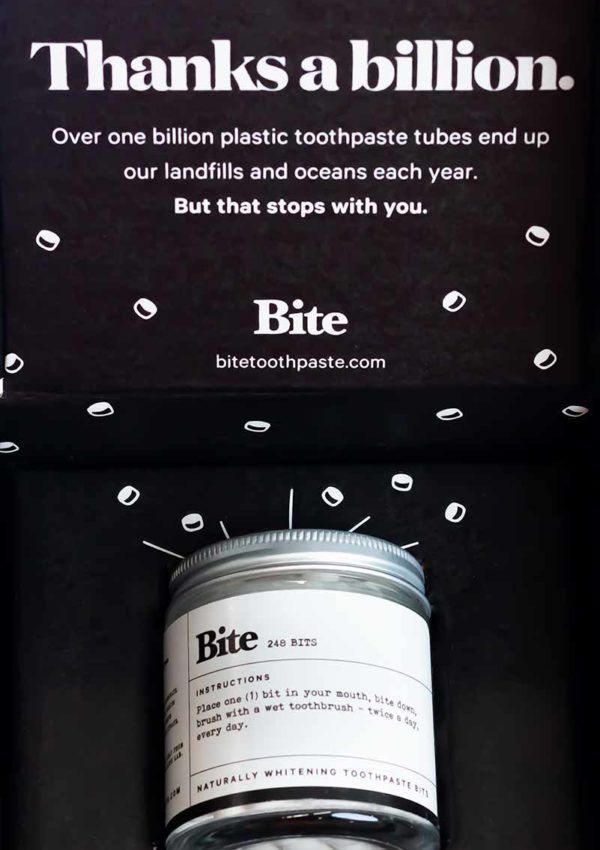
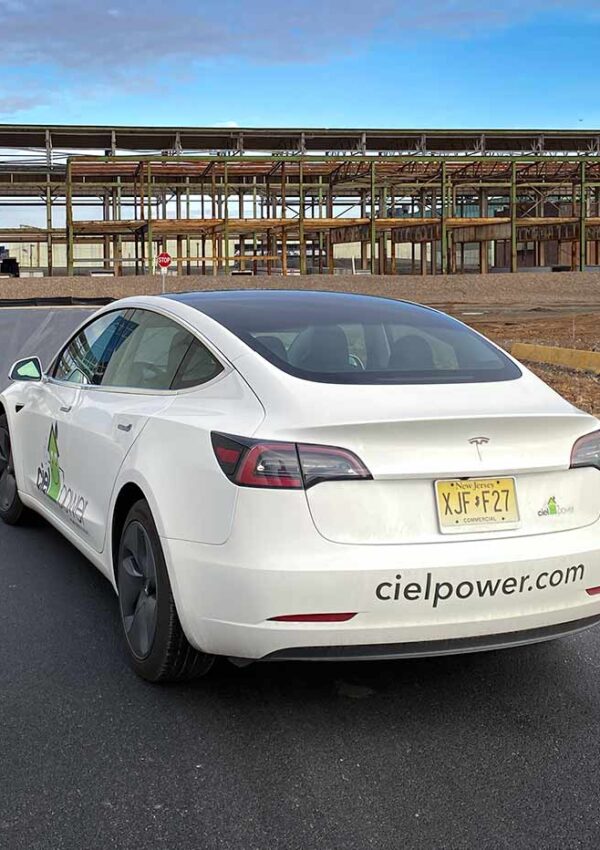
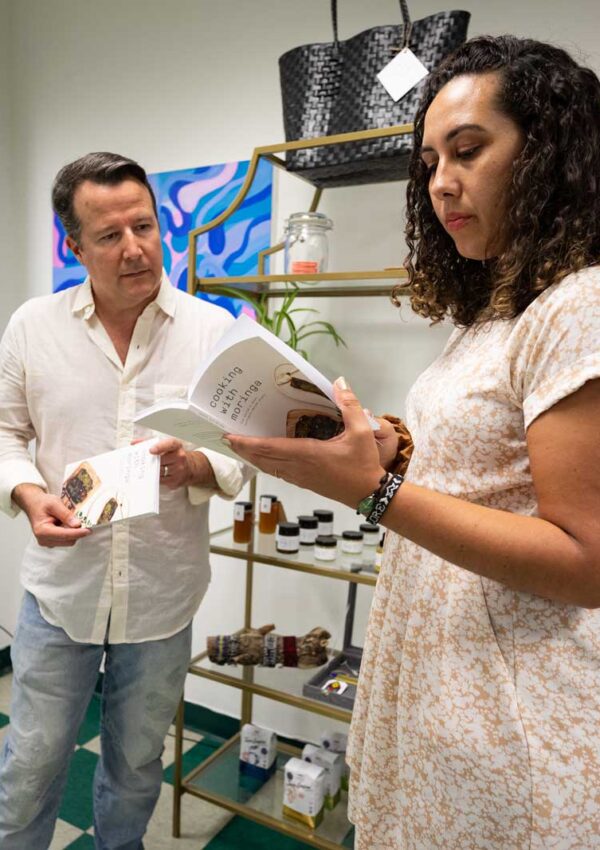

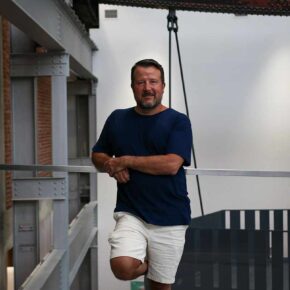
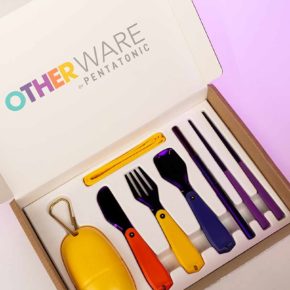

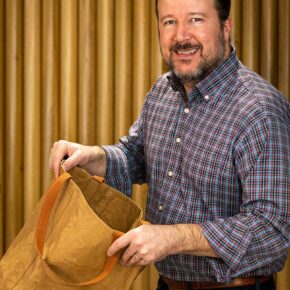
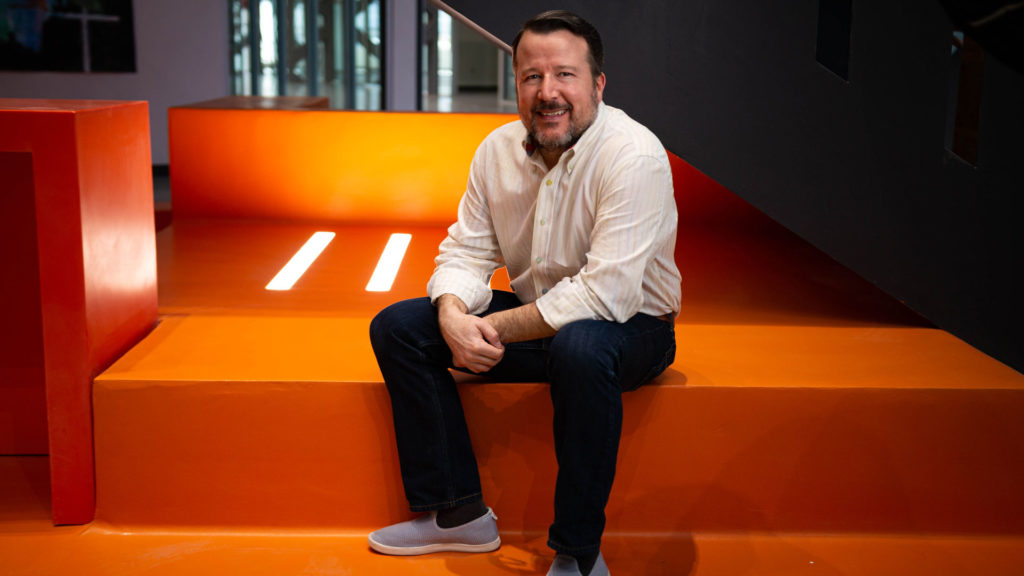

Leave a Reply